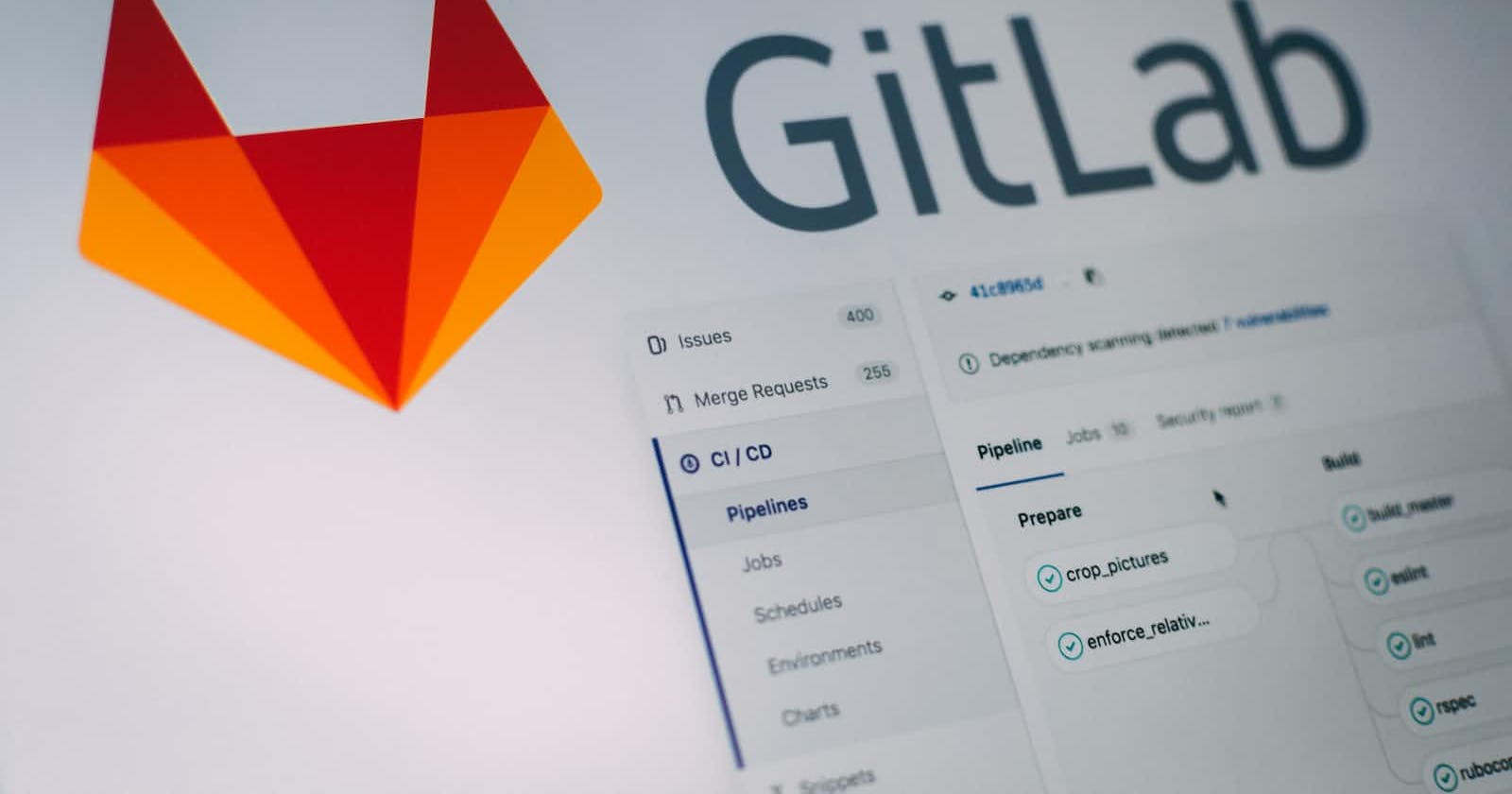Welcome to Day 9 of our exploration into GitLab CI/CD. As your project grows, it's essential to optimize your CI/CD pipelines for better efficiency and faster execution times. Today, we're focusing on exactly that!
1. Job Parallelization
One way to speed up your pipeline is to run jobs in parallel. By default, all jobs in the same stage run in parallel. But, GitLab also lets you parallelize a single job, which is especially useful for tasks like running tests.
Here's an example of a job that runs tests in parallel:
test:
script: ./run-tests.sh
parallel: 4
In this example, the run-tests.sh script will be executed four times in parallel. Each instance of the job will get a unique number from 1 to 4 in the CI_NODE_INDEX environment variable, which you can use to divide up your tests.
2. Caching
Caching is another way to speed up your pipelines. A cache is a configurable location where files are stored between jobs. You can use it to store dependencies that take a long time to download or compile.
Here's an example of a job that uses a cache:
build:
script: ./build.sh
cache:
key: "$CI_COMMIT_REF_SLUG"
paths:
- .build/
In this example, the .build/ directory is cached and will be reused in subsequent pipeline runs. The key option is used to separate the cache per branch.
3. Using Docker Images
GitLab CI/CD supports Docker, and using Docker images can make your pipelines more efficient. You can specify a Docker image for each job, so you don't have to spend time installing dependencies every time a job runs.
Here's an example:
test:
image: node:14
script: npm test
In this example, the test job will run in a Docker container with the node:14 image, which already has Node.js installed.
That's it for today! You've learned about job parallelization, caching, and using Docker images to optimize your CI/CD pipelines. Remember, the ultimate goal is to balance speed and reliability. Fast pipelines are great, but not at the expense of thorough testing or code quality. Stay tuned for tomorrow's session where we'll discuss managing secrets securely with GitLab CI/CD.

